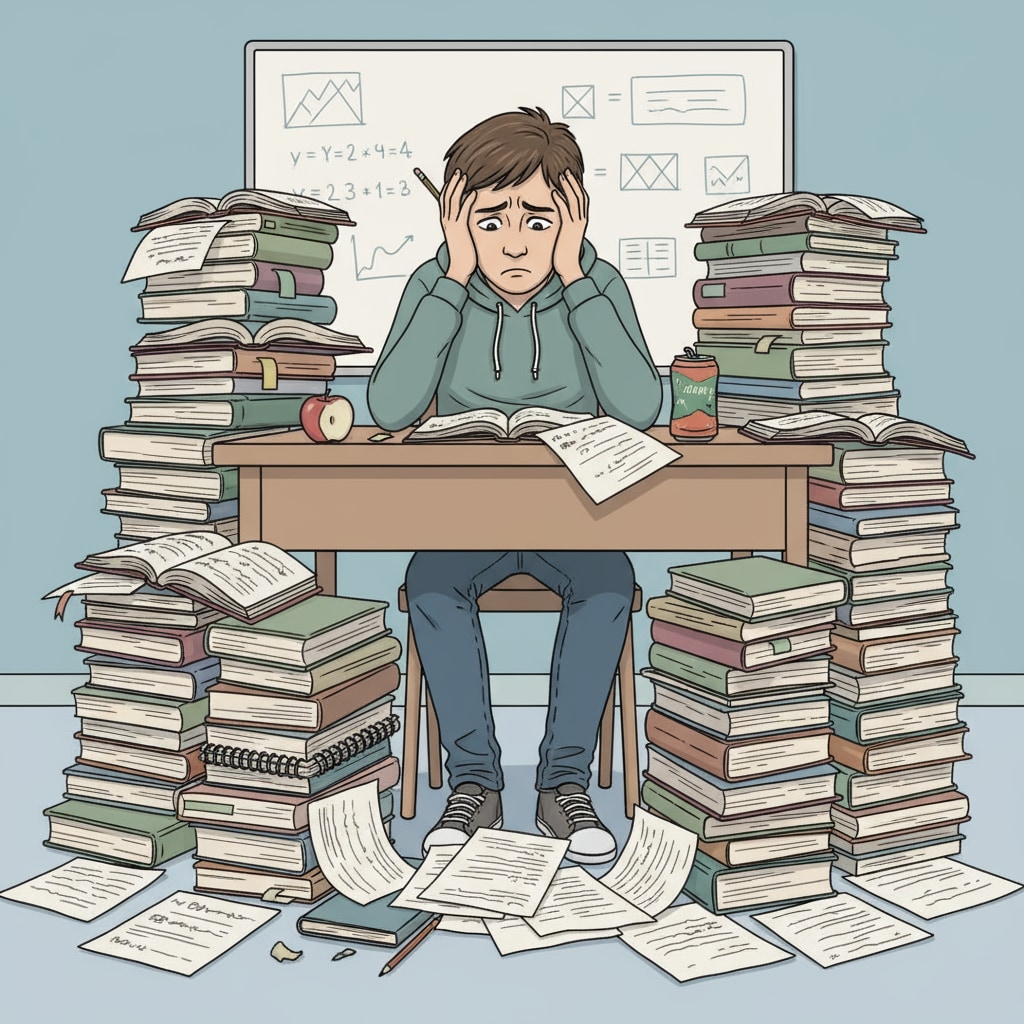Mental health, taking a school leave, and criticism are hot topics when discussing the well-being of K12 students. In recent years, the mental health crisis among teenagers has been on the rise. As a result, an increasing number of students are considering taking a semester off to focus on their mental well-being. But is this decision correct?

The Growing Mental Health Crisis Among K12 Students
The demands of the K12 education system, including heavy workloads, intense competition, and high-stakes testing, are taking a toll on students’ mental health. According to the CDC’s research on mental health, the number of teenagers experiencing symptoms of depression, anxiety, and other mental health disorders is alarmingly high. For example, students often face pressure from parents and teachers to achieve good grades, which can lead to stress and burnout. In addition, social media and cyberbullying have added new dimensions to the challenges they face.

The Rationality of Taking a School Leave for Mental Health
Taking a semester off for mental health reasons can be a rational decision. It provides students with dedicated time and space to recover. During this period, they can seek professional help, such as therapy or counseling. They can also engage in activities that promote mental well-being, like exercise, meditation, or spending time with loved ones. For instance, a student who has been struggling with severe anxiety may find that a break from the academic environment allows them to work on coping mechanisms and regain their confidence. As stated in the American Psychological Association’s guidelines on mental health treatment, rest and self-care are crucial components of the recovery process.
Moreover, taking a school leave can prevent the situation from worsening. If a student continues to push through their studies despite poor mental health, it may lead to more serious consequences, such as a complete breakdown or long-term mental health issues. By taking a break, they can address the root causes of their problems and return to school in a better state of mind.
Readability guidance: In this section, we’ve explored the rationality of taking a school leave for mental health. We used short paragraphs to present the key points clearly. The list of reasons helps to organize the information. Transition words like ‘for instance’ and’moreover’ are used to connect ideas smoothly.
Facing Criticism and Overcoming Social and Family Pressures
However, this decision is not without criticism. Some people view taking a school leave as a sign of weakness or laziness. There is a social stigma attached to mental health issues, and students may face judgment from their peers, teachers, and even family members. Family pressure can also be a significant factor. Parents may be worried about their child falling behind academically or the potential impact on their future. But it’s important to remember that mental health is just as important as academic success.
To overcome these pressures, students and their families need to educate others about mental health. By raising awareness, they can help change the perception of taking a school leave for mental well-being. Additionally, students can develop a plan for their recovery and show their commitment to getting better. This can include setting goals for therapy, engaging in self-help activities, and maintaining some level of academic engagement during the leave.
Readability guidance: Here, we’ve discussed the criticism and pressures associated with taking a school leave for mental health. Short paragraphs make the content easy to read. The use of ‘however’ to transition from the previous section helps to show the contrast. Lists are used to present solutions clearly.
In conclusion, the decision to take a semester off for mental health reasons in the K12 stage can be a correct and necessary one. Despite the criticism and pressures, students should prioritize their mental well-being. By taking a break, they can address their mental health issues, develop coping strategies, and return to school stronger and more resilient. It’s time for society to recognize the importance of mental health in the educational journey and support students in making the right decisions for their overall well-being.


